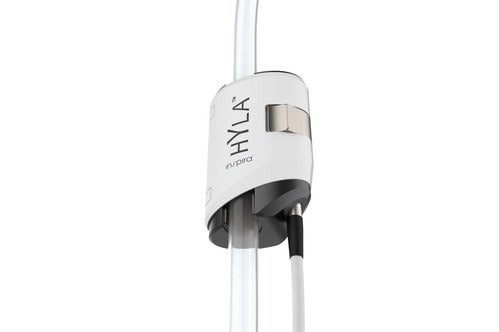
Inspira Technologies has entered into an agreement with Glo-Med Networks for the distribution of the HYLA blood sensor device and disposable units across six states in the US.
The six US states include Texas, New Jersey, New York, Florida, North Carolina and South Carolina.
The agreement will provide $59m for Inspira to deploy HYLA blood sensors throughout three years and is subject to regulatory permissions.
Inspira Technologies said that a more detailed agreement will be announced after the completion of the summary distribution agreement.
The agreement, which has a three-year initial duration, is contingent upon successful product development and regulatory clearances.
Both parties will join forces on the marketing and implementation of the HYLA blood sensor.
The non-invasive optical blood sensor from Inspira Technologies is designed to perform real-time and continuous blood monitoring without the need to take actual blood samples from patients.
This allows doctors to be immediately informed of any changes in a patient’s clinical condition.
Glo-Med has agreed to buy a minimum of 3,889 HYLA blood sensors and 264,873 disposable units under the terms of the contract to maintain exclusivity in the territory.
This commitment is contingent upon regulatory approvals for the sale and marketing of the HYLA blood sensor device in the six states in the US.
Inspira Technologies chief executive officer Dagi Ben-Noon said: “Our strong collaboration with US-based Glo-Med is built on trust and the understanding of each other’s strengths.
“We have the joint motivation of assisting physicians to improve respiratory care, patient monitoring and outcomes, while maximising patients’ experience.
“The Inspira Technologies team is energised and focused to truly and positively disrupt the respiratory care market.”
The latest deal represents the second distribution agreement that has been concluded with Glo-Med for the US market in addition to the agreement signed in January 2022 for the company’s ART system.
Both the HYLA blood sensor and the ART system have not been evaluated or used on humans and are still in the development stage.






